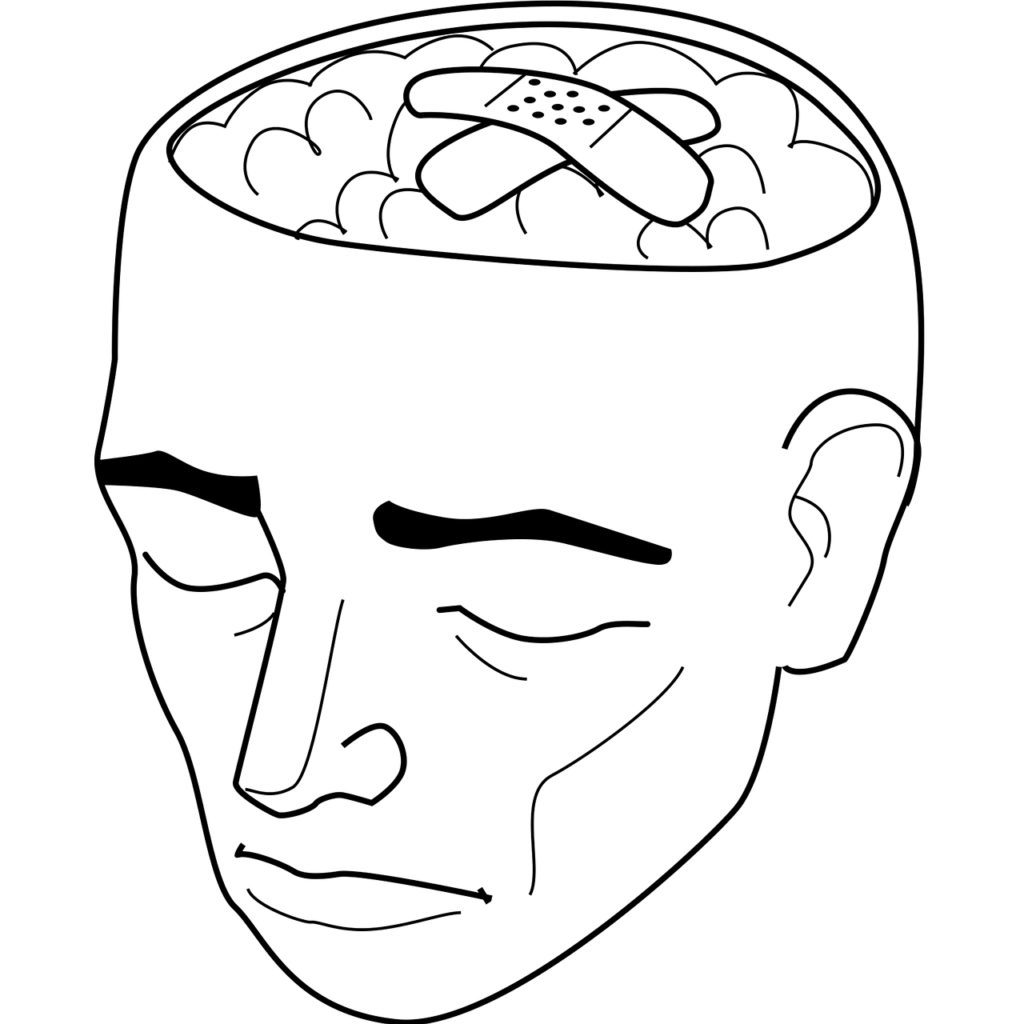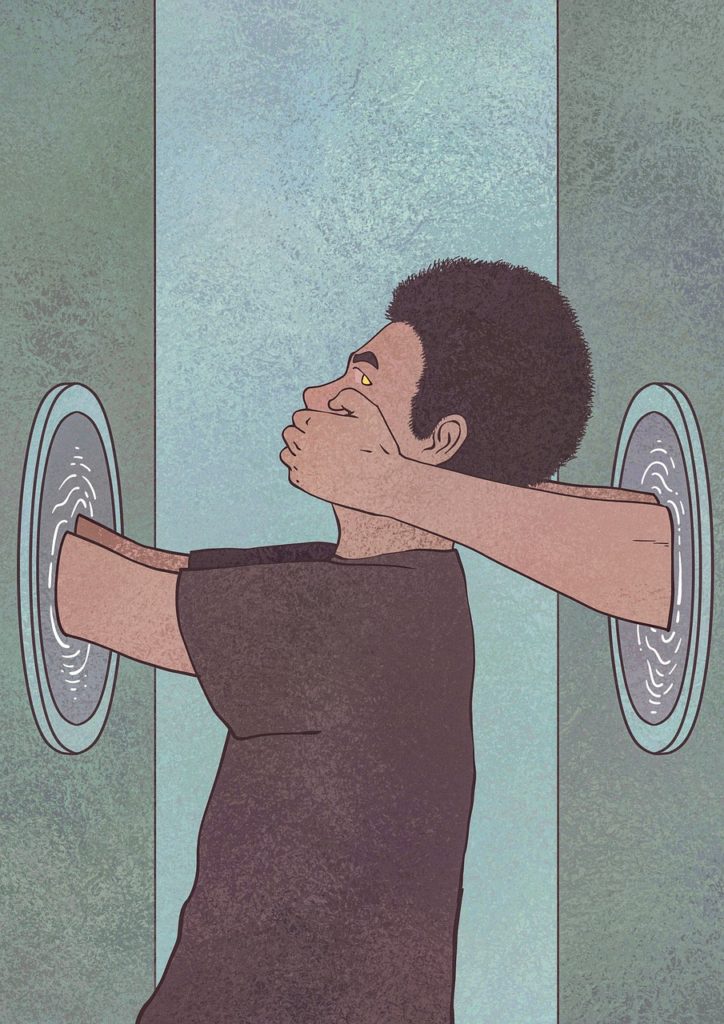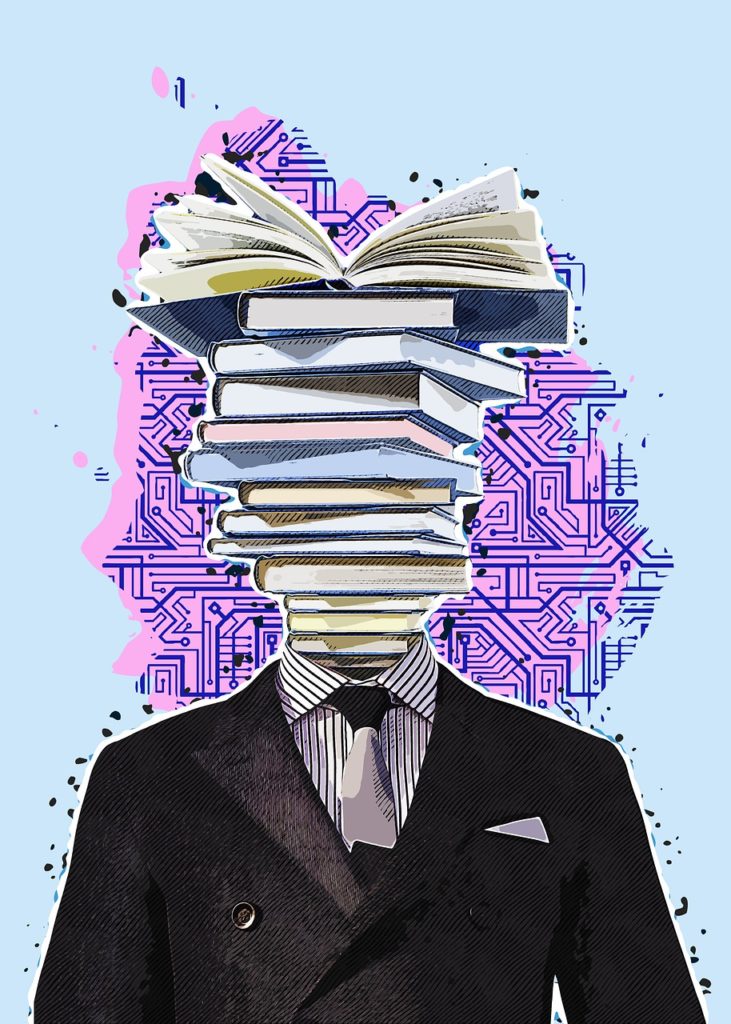|
Getting your Trinity Audio player ready...
|
Dear medical student (or student in any other field that requires public dealing):
I was in your shoes twenty years ago. At that time, I thought that becoming a doctor was all about gaining medical knowledge. When I started my clinical rotations, I was convinced that the “history of present illness” is the most important aspect of patient evaluation. As a resident, I felt that navigating through the differential diagnosis and treatment options is all that medicine is about. Now, being an attending for several years, I have come to realize that it is the often ignored and underestimated art of obtaining a social history that will enable you to treat the patient rather than the disease.

You made it to medical school, so I’m not worried about your knowledge-building skills. I’m sure you will be up-to-date on the latest clinical trials and well versed in pathophysiology at the molecular level. But that is all about the science of medicine and has very little to do with the art of medicine. You will need to learn how to make personal connections with each one of your patients. You will need to build skills for the patient to like you and trust you. There is no better time to make that connection than when you are taking the social history.
No matter where your encounter with the patient, be it in the emergency room or the outpatient clinic; Hospital room, or the ICU bed; you will seldom have ample time. You will often be in a rush but mind you. Social history should be the last element of your conversation that should be curtailed. In the days of the EMR, everybody who has seen the patient before you has documented extensively so you already have a good idea about what’s going on. You probably already have a differential diagnosis in mind and are narrowing down treatment options. You can now easily spend some time getting to know your patient.
Pull up a chair and sit down, for God’s sake. You will hear this a million times during your career that you should be seated while talking to a patient, but you will make mental excuses to convince yourself that you do not have enough time to sit down. You do. It’s worth it. How would you feel if you went to somebody’s house and they talked to you standing in their doorway and not invite you to come in and sit down? You will feel unwelcome as if they want you to leave as soon as the conversation is over. Please don’t be discourteous to your patients. If there is no chair, walk away, go to another room and bring a chair and sit down. Ask their permission and sit at the edge of their bed. I promise you that it will take less than a minute. If you remain seated and relaxed, in the patient’s perception, you will have spent twice the amount of time with them compared to the actual time spent.
As you start the encounter, it is crucial not to ignore any friends or family members accompanying your patient. Please say hi to everyone in the room and try to ask their names and relation to your patient. If you win their hearts, these are the people who will say “what a nice doctor” as soon as you leave the room. Even if one of them doesn’t like you, in case you ignored them, they will start casting doubts on your personality and judgment. Plus, it’s just plain rude not to acknowledge someone in the room.
After you have asked all your medical questions, now is the time to get to the social history. Please do not start asking about their smoking, alcohol, and recreational drug interests bluntly like a robot as if you have to check off some boxes. You can do better than that. Think of yourself at a cocktail party, and you have been introduced to someone for the first time who you are trying to get to know and want to see again. Be charming, please. This is not just a job. This is a sacred moment where you are laying the foundation of a long-term relationship between a doctor and a patient.
Don’t just ask them what they do for a living: Ask them if they like it and why? Don’t just ask them how many kids they have but ask their ages and which schools they go to. Don’t just ask them what their hobbies are, try to find common interests and give each other tips. Don’t just ask them if they are planning a vacation; ask them where they are going and with whom. Try to remove the barrier of indifference that stands between the patient and the person that they are. I promise you they will be more than happy to answer them for you.
When you get them talking, now is the time to throw in some self-disclosure. Don’t be afraid to tell them about yourself. They will love to hear from you about who you are behind the persona of the doctor. Tell them how many kids or nephews you have and what their names are. Tell them about your hobbies. Tell them your interests outside of medicine. I know that you might not be comfortable opening up much about yourself but try it. You may find it surprising that you will win their hearts by opening up to them.
Write down some key points from what you learned about your patient in your ”sticky note” in the EMR, and next time whenever you see the patient, carry on the conversation from where you left off. Each ensuing meeting with the patient, learn more about your patient and they will learn more about you, and I promise you that within a few meetings, both of you will know each other more than you know many other people in your life. This will make the patient trust you, and you will enjoy your job and not burn out from otherwise repetitive bland patient encounters.

When you present the case to your attending or your colleagues, start with the social history instead of the chief complaint and then see the magic. Not only will everybody think that you know your patients at a personal level, but you will catch their attention and they will be more likely to listen to your presentation in its entirety. Thank me after you get an excellent evaluation towards the end of your rotation.
Start doing this now, and it will become second nature to you. Learning this skill is more important than memorizing medicine textbooks. Between you and me, it is not uncommon to see even professors, who may be extensively published and otherwise highly accomplished in their careers, but would not have developed the skill to engage with their patients. They may have the title of a professor bestowed upon them by their departments, but they will have failed miserably at winning their patients’ hearts.
This article was published on KevinMD.com on August 11, 2021


No Doubt Social History is The Most Important Important part Of Patient Medical History. Very Well Written Article. I have forwarded this To Medical Students of Bannu Medical College and Advise Them to Strictly Follow This Awsome Article. Well Done Farhan. Thumbs Up👍👍👍
Wonderful advice Farhan. We are too impersonal with patients. Great for any health care preofessional and not just med students.
You are one of the best in your field and this article is on the money ! You lead, you care and you achieve results and sir I am so proud that you took such wonderful care of Sandy and even prouder to call you my Friend !
Dear Farhan taking is an art and you presented a true picture of it in enough detail. Such history taking is always considered a skill of mental health physean but I think it should be a skill of every Good doctor.
Taking history in medical practice
I loved this and will start trying to reconnect with myself and my patients. Thank you for the reminder of what amazing things we can do for others just by taking the time to be present. And bring ourselves back to caring why we choose this profession.
I have no words to thank you for such a nice article which is an eye opener for all of us who ate more evidence based driven and have time for everything but not fir social interaction with ailing patients.
I have been practicing it for ages . The same approach of grabbing a chair and sitting with patients and starting with social history first as we are social animals then i move to medicine and in last two decades i have seen the fruits of a unique patient doctor relationship which kept growing.
Once again thank you do much.
Dr Sajid Nazir